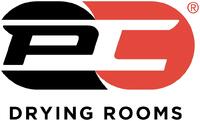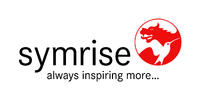Suppliers directory
The Confectionery Production Directory is the comprehensive guide to equipment, products and services.
Select a letter from the A – Z index below, or use the search box on the right to find a company or product.
You can also login to manage an existing listing or create a new listing.


















